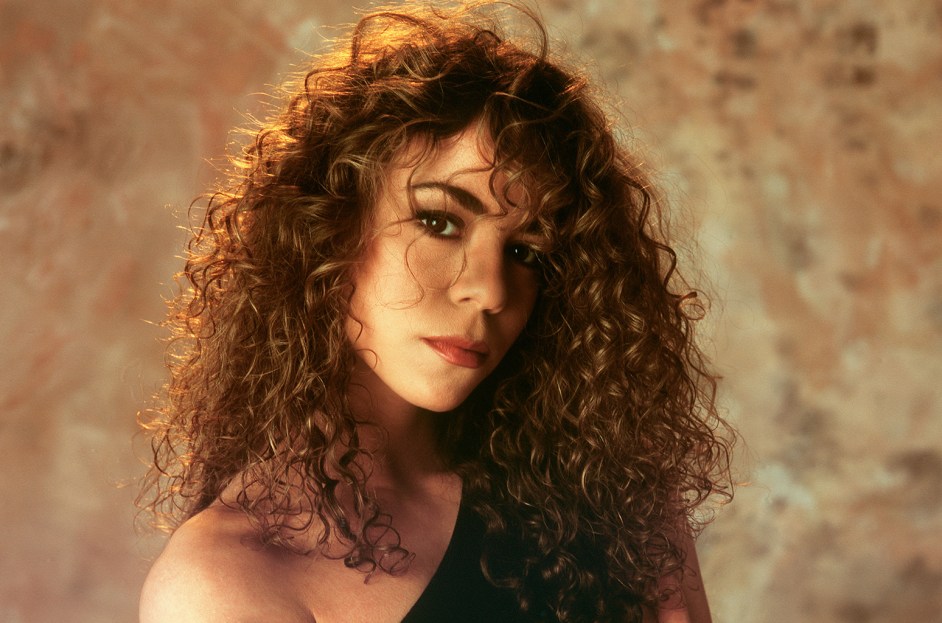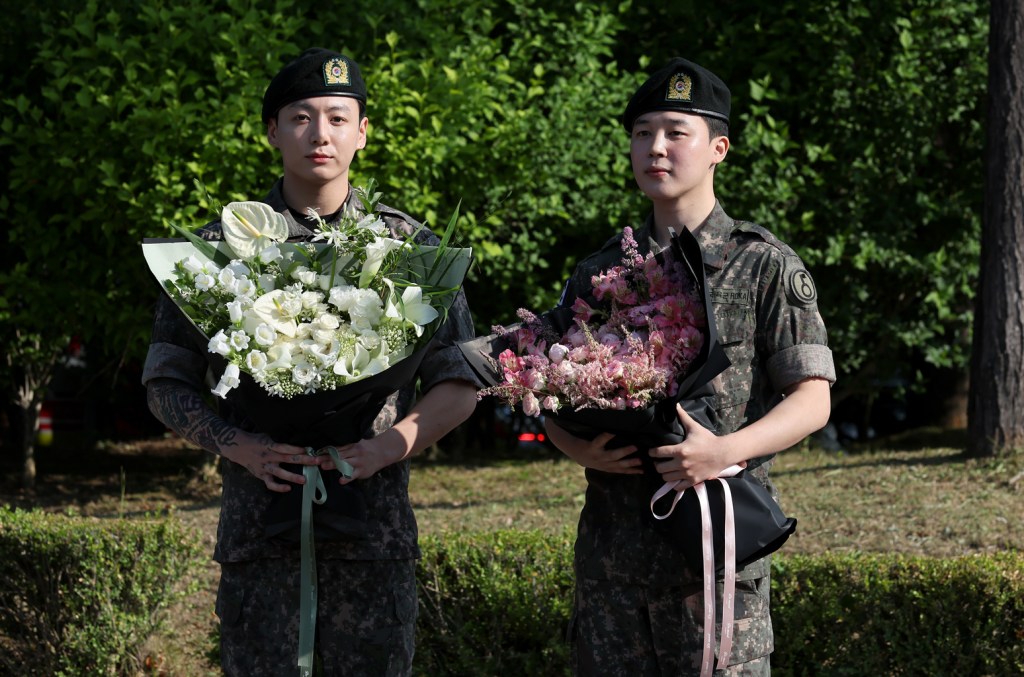
Mariah Carey
Frank Micelotta/ImageDirect
“We don’t look at her as a dance-pop artist,” Columbia Records president Don Ienner noted to Rolling Stone about his latest signing Mariah Carey in 1990. “We look at her as a franchise.” It’s fair to say that some pretty lofty expectations were placed on the diva ahead of her first studio album’s release. Luckily, Mariah Carey achieved them and then some.
Indeed, the record spent 11 weeks atop the Billboard 200, helped Carey pick up the Grammy for Best New Artist, and racked up sales of more than 15 million to become the biggest pop debut of the era. And although hitmakers Rhett Larence, Narada Michael Walden, and Walter Afanasieff were brought in to help hone its sound, each and every one of its 11 tracks was co-penned by Carey, very much proving that her songwriting talents were as forceful as her mesmeric vocal range.
In fact, alongside earliest creative partner Ben Margulies, Carey had also produced the demos which first caught the attention of Sony’s head honcho and her future husband Tommy Mottola. (“When I heard and saw Mariah, there was absolutely no doubt that she was in every way destined for super-stardom,” the latter once remarked in another example of the music industry’s high hopes).
Of course, Carey would go on to surpass her early achievements with blockbuster records such as Music Box, Daydream, and 2005 comeback The Emancipation of Mimi. But her eponymous LP still stands up as an impressive springboard. Ahead of its 35th anniversary on June 12, we’ve ranked its octave-spanning offerings from worst to best.
-
“Alone in Love”
Penned on a piano in her mother’s home, “Alone in Love” isn’t exactly a dud per se. But there’s little here to explain why, as revealed in her 2020 memoir The Meaning Of…, it remains one of the diva’s favorites. Indeed, Carey herself sounds as uninterested as the man who “got beyond the haze” and let her “lost inside the maze” – her lyrical ability hadn’t quite matured by this point – on a distinctly average adult contemporary ballad that instead of looking forward to the decade ahead, appeared stuck in the mid-1980s.
Listen here.
-
“I Don’t Wanna Cry”

 State Champ Radio
State Champ Radio 





